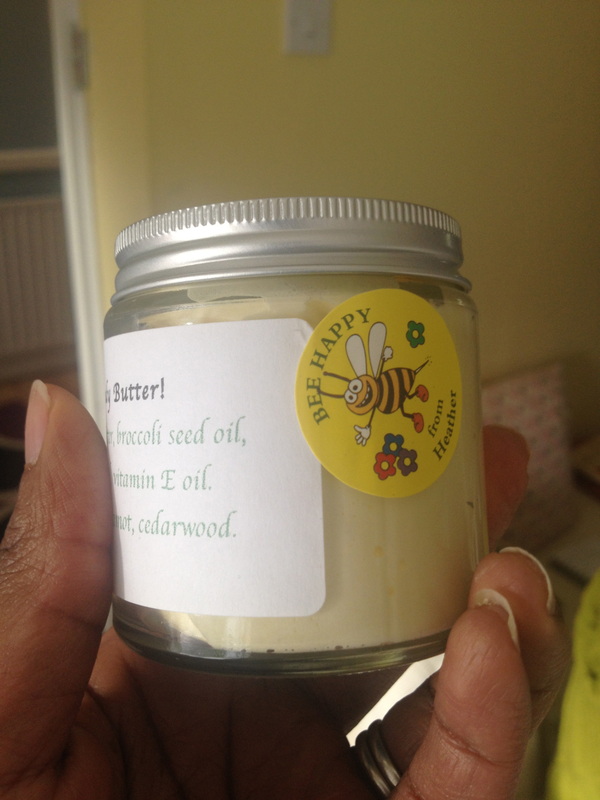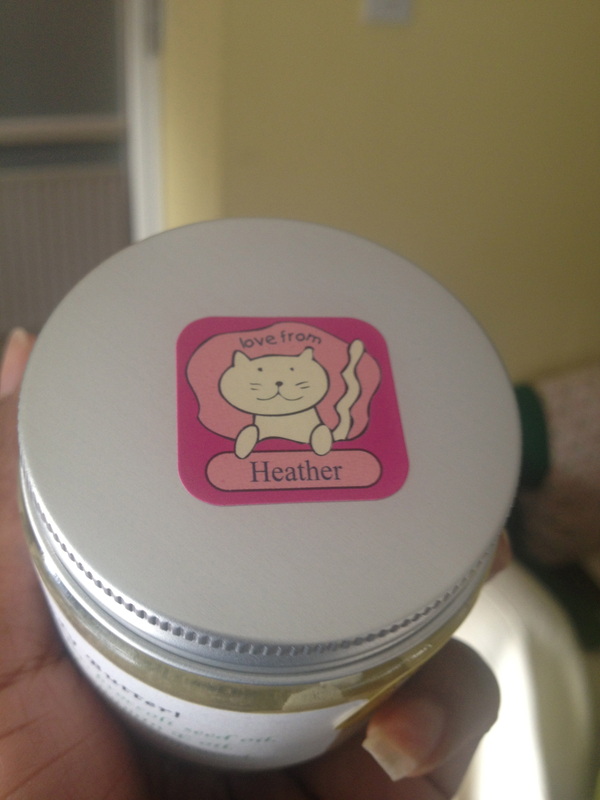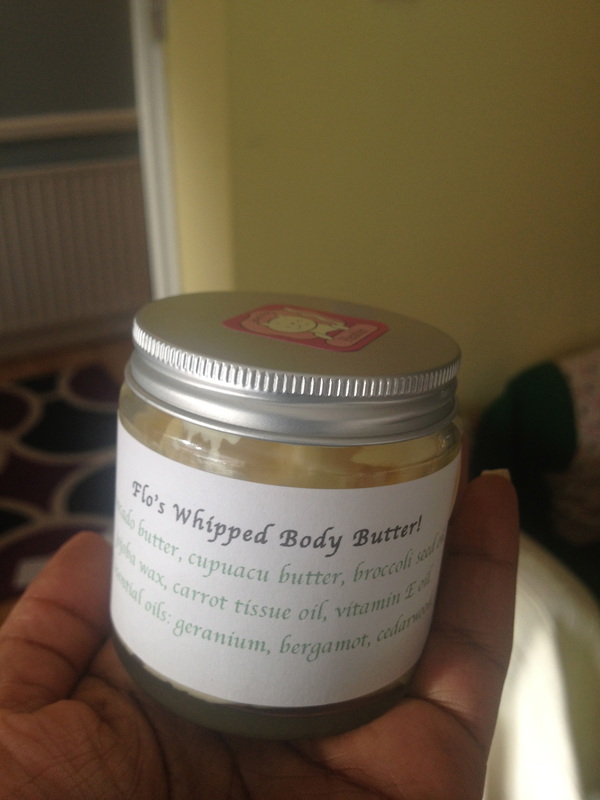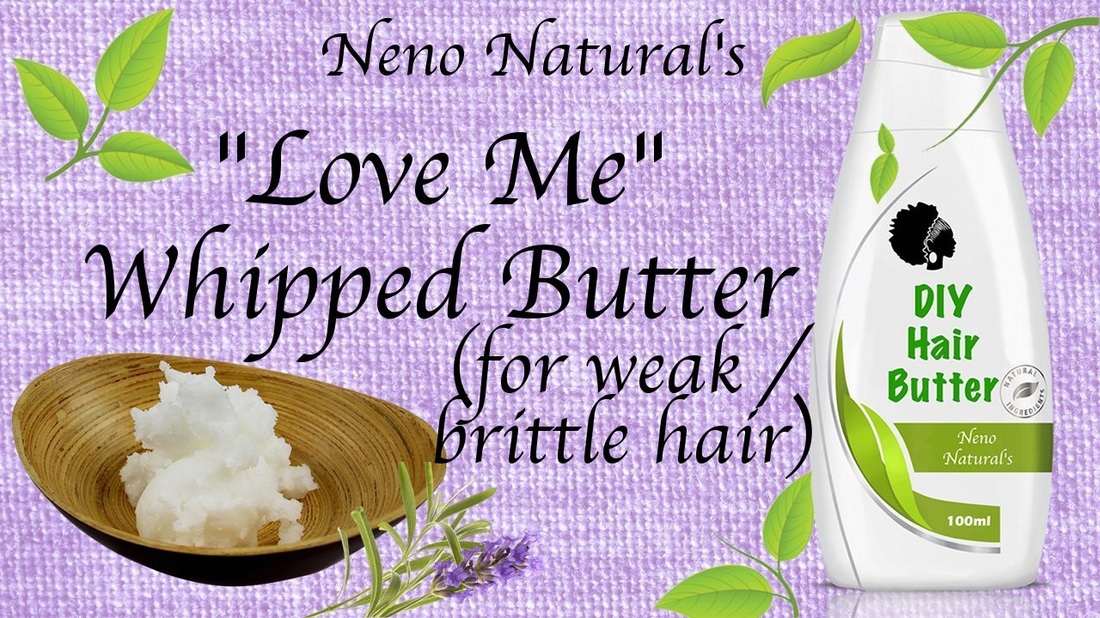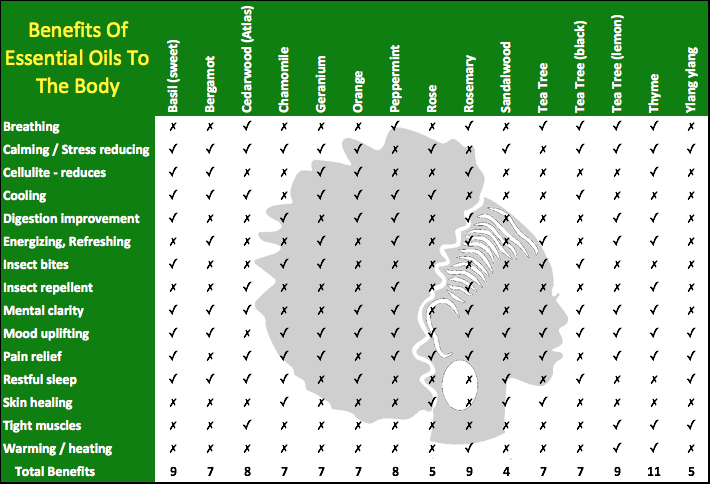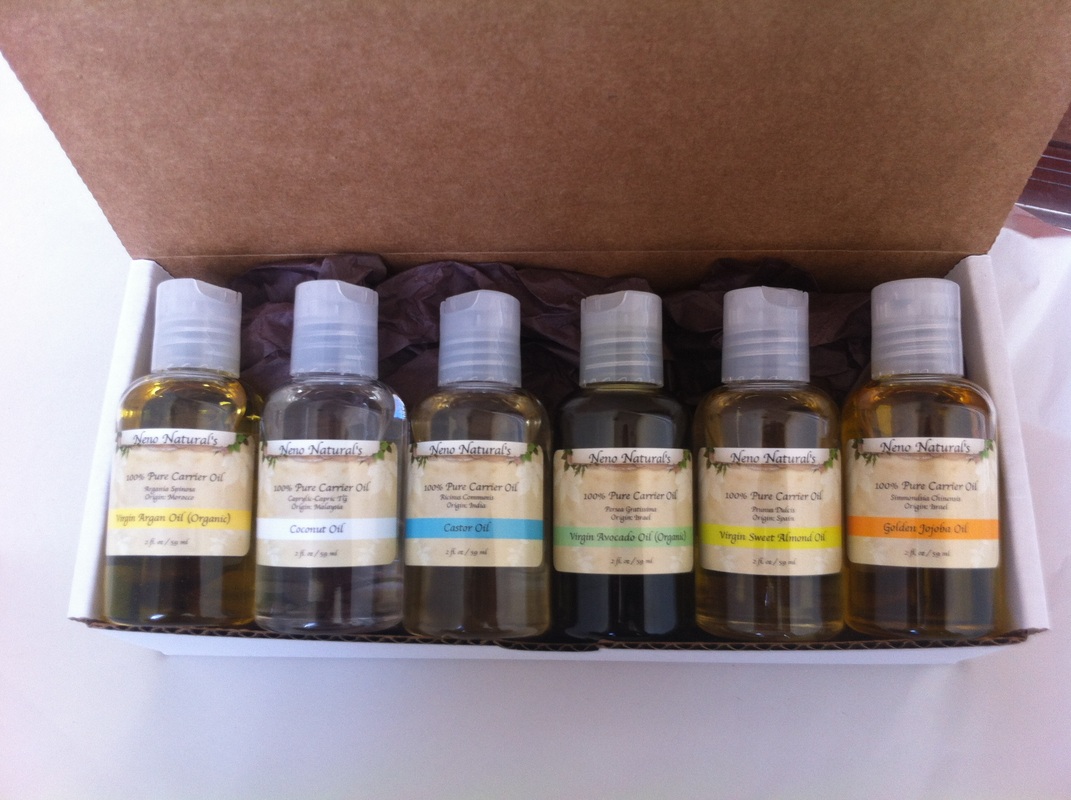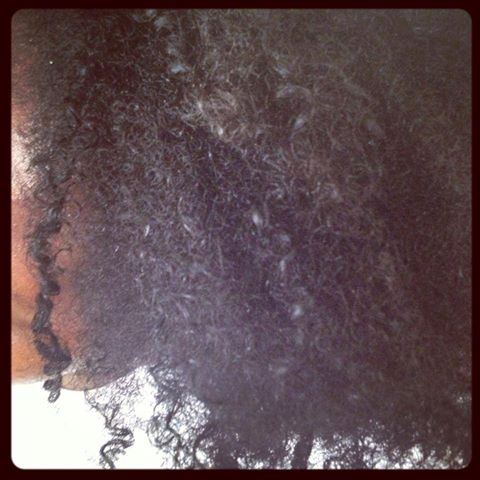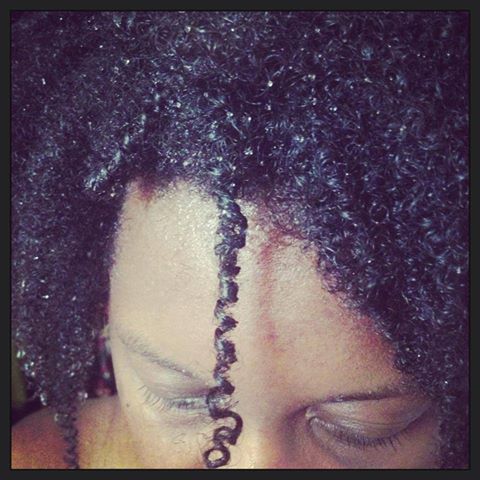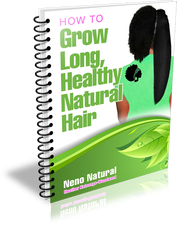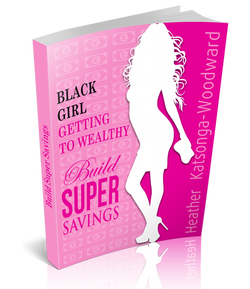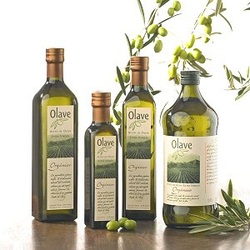
If there is one topic that gets me really wound up, it's this one. People assume that "organic" means healthier or unrefined but it does not mean either one of those things.
Outside of chemistry "organic" means that a product was grown or farmed without the use of pesticides, herbicides or any other "artificial" "chemicals" - I also hate the word chemical because EVERYTHING is a chemical! Salt is sodium chloride, table sugar is sucrose; just because you know its "regular" name does not make it "not a chemical"! Infact, lots of chemicals that you don't think are not edible become edible once they have been neutralized with another chemical, anyway, I digress. So exactly what is wrong with pesticides and herbicides? Pesticides are chemicals designed to kill bugs and insects that might destroy a crop. Herbicides are a special type of pesticide used to kill unwanted weeds. In the US, 70% of pesticides used are herbicides. 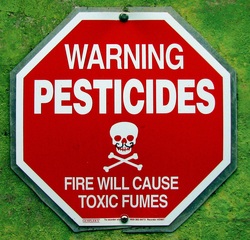
Pesticides (including herbicides) can lead to allergic reactions and other side effects if consumed in high amounts. However, just using an agricultural product that comes from a farm that uses herbicides or pesticides should not cause you any harm at all.
Importantly, it's extremely hard to prove that pesticides were not used in the farming of a product especially if that product has changed hands several times over. If you are concerned about your products being organic then you should buy directly from the farmer. Even a trusted commercial supplier who labels something organic may have no idea if it really is. They just have to trust whoever supplies them! Can a product be "organic" but still be refined. Yes, and frequently it is. A vegetable butter for example may be refined to change its colour because the producer wants a specific colour for all butters of that kind. For example, the colour of shea butter will vary from one harvest to the next because natural products do that - they don't come out with the exact same colour and composition every time; things like weather (sun, rainfall, etc.) impact crop production. A manufacturer can completely remove the colour using heat (thereby killing vitamins and minerals) but that butter would still be organic because herbicides were not used in farming it. If they replenish the butter with lots vitamins and minerals then perhaps that is okay but they might not do that. Importantly, note that most products that are labelled organic are not 100% organic; only a percentage of ingredients need to be organic for a product to be legally allowed to have the label "organic". 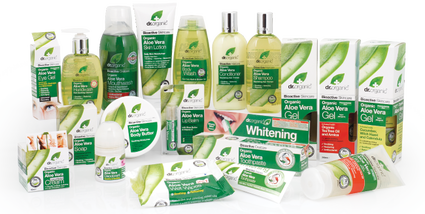
How About Dr Organic
That is just a brand name, the person behind the brand is not a doctor of any sort. Also, some of their ingredients are not organic. Their website says they simply try to source organic ingredients and where they can't source something organic they use they next best "natural" alternative. You know how I feel about the term "natural". Sorry to burst your bubble if you were in one. This is not to say this isn't a good brand - just that you shouldn't be blinded by brands and the look of things. 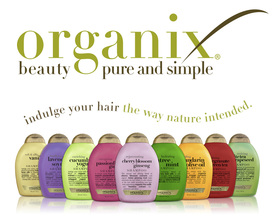
And Organix Hair?
Not organic at all - just a brand name. Huh? Yeah, don't be mad, they never made a claim to be organic! Refined vs. Unrefined vs. Organic "Unrefined" is a better term to watch out for than organic. If something is refined you want to know how it was refined. Some refinement is useful, e.g. a butter that will be eaten may need to be refined to remove toxic elements that are naturally found in it. I hope this helps you decide which products to buy and how not to be misled by clever marketing. 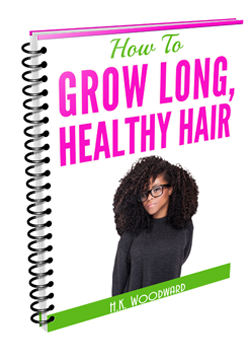
Get your FREE ebook on How To Grow Long, Healthy Natural Kinky or Curly Hair. You might also like: Ref: Herbicide, drorganic.co.uk 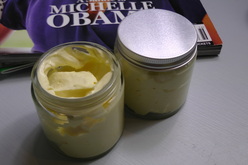 "Love Me" Whipped Butter "Love Me" Whipped Butter
This is my favourite whipped butter because I LOVE the smell of geranium and the texture is so deliciously light.
The vegetable butters, oils and essential oils in this recipe are specifically formulated to nourish and fortify weak hair so as to minimize breakage and maximize retention of length. Ingredients Butters (75%)
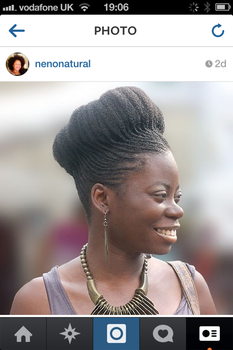
Liquid Oils (16%)
Essential oils (1%)
Wax (8%)
Method
Storage: The shelf life of this butter is about 18 to 24 months. 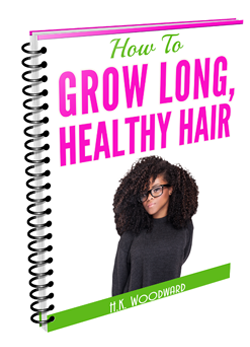
Get your FREE ebook on How To Grow Long, Healthy Natural Kinky or Curly Hair. You might also like: Neno Natural's DIY Hair Recipes Giving Whipped Butters As Gifts
Whipped butters are an awesome gift especially as you can use them for both hair and body. I gave one of the "Love Me" Butters to my sister-in-law and she really liked it :)
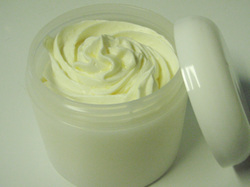
Yes, generally. One of my favourite science bloggers, SwiftCraftMonkey, suggests looking at how an oil feels on your skin and then substituting that oil with another similar feeling oil. She mostly looks at whipped butters for the body but i think that same strategy can work for hair butters too:
According to Swift:
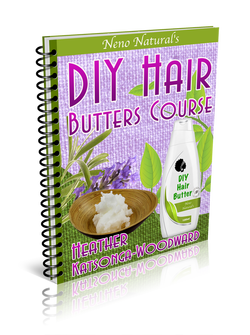
When it comes to butters, I say:
I think it is easier to feel a butter and associate it with another one than is the case for oils, or maybe that's just me! Feel free to experiment, that's what being a mixtress is all about. 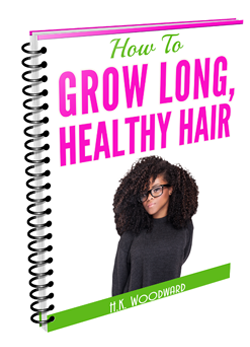
Get your FREE ebook on How To Grow Long, Healthy Natural Kinky or Curly Hair. You might also like: Neno Natural's DIY Hair Recipes 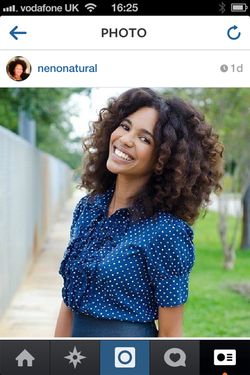
Absolutely, BUT...
Don't just blindly whip up a hair butter and start using it for your body too. You should investigate whether the butters, carrier oils and essential oils that you are using are the best ones for skin. Remember that hair is dead matter and skin is living so you will feel the differences in oils a lot more on your skin than you would on hair. Whenever I get a new oil I run it over my skin to see how well it absorbs, how thin or thick it is, how greasy and so on and sometimes I get surprised. For instance, I was surprised that apricot oil seems to just glide over my skin without being soaked in. And I was even more surprised at how well baobab oil was absorbed by skin - we have lots of baobab trees in Malawi (my country of origin) and when you see one of those menacing trees you would never imagine how moisturizing its oil is. My DIY Hair Recipes use the best ingredients for hair and they may not necessarily be the best for skin. They will be good for skin as butter and oils normally are but they may not be the best. 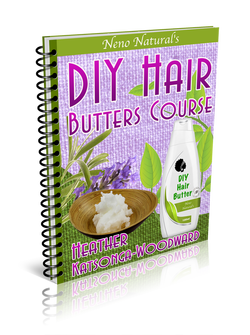
Importantly, if you make a body butter you should use essential oils to either:
I can't vouch for that as I myself have never had cellulite just a few stretch marks here and there. Below is a table that I created for you - it show how the essential oils in my hair recipes can impact the mood or body: TABLE: Essential Oil Benefits To The Body
All the essential oils in the table are great for hair - I use them in my DIY Hair Recipes a lot.
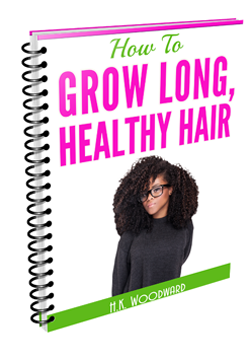
Get your FREE ebook on How To Grow Long, Healthy Natural Kinky or Curly Hair. You might also like: Neno Natural's DIY Hair Recipes Ref: The Aromatherapy Encyclopaedia by Carol Schiller & David Schiller 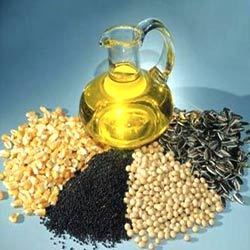
After a carrier oil or butter has been extracted it is usually refined in various ways to achieve the goals or requirements of a large scale user e.g. a food company or a cosmetics company.
Refining normally involves high temperature and chemicals. Refining may include some or all of the below: Degumming Removal of phospholipids (a type of fat) from an oil using water and centrifugation. This will also result in the loss of vitamins, minerals and the natural colour of the oil (chlorophyll). My research doesn't suggest that they are bad so I have no idea why degumming is necessary. I'll probably need to read further into this. Bleaching To change or remove the colour an oil is bleached. This produces a clear oil. Because oils and butters are natural substances an unrefined oil will vary in colour from one batch to the next. If a big company is selling to uneducated consumers (i.e. most people) they would rather just bleach and then dye the oils with a uniform colour. Nutrients are removed in the process. Common dyes include xanthophyll (a derivative of chlorophyll) and beta carotene. Deodorizing The oil is deodorised using steam distillation at a temperature of 232 degrees C (450F) for 30 to 60 mins. Winterizing Removal of natural waxes which can lead to a cloudy oil at low temperatures. Removal of fatty acids or taste and smell If the oil/fat is bound for the food industry it is frequently refined to remove taste and smell resulting a bland tasteless oil/butter. In addition, a high concentration of fatty acids can give an oil a bitter taste or even make the oil corrosive. The "acid value" shows how many fatty acids are in the oil. When the acid value is great than 5.0 it can burn the back of your throat and even corrode metal containers reducing the shelf life of any products that are made. Caustic soda is used to remove some of the fatty acids. The high temperatures involved in this process kill some of the nutrients and essence of the oil. Preserving Addition of antioxidants to extend the life - I'm okay with this. Replacement of vitamins and minerals To replace those destroyed during refinement - I am okay with this. It's better than destroying them and not replacing them although not bothering to over-refine would be even better. Conclusion A very refined oil or butter will have zero nutrients and will just be composed of various fatty acids. However, it can still be labelled as "pure" or "natural" or even "organic" provided it has met those criteria; organic does not mean unrefined, it generally just means chemical fertilisers, pesticides and other artificial chemicals have not been used in the farming of something. This is why I find those terms completely useless. It is better to go for an oil or butter that says "unrefined" or at least explain what sort of refinement the oil has gone through so that you know what you are buying. Some refining is beneficial - I am only concerned about refinement that reduces the nutritional value or purity of an oil. Finally, keep in mind that oils and butters extracted for making cosmetics may not be refined enough to eat!! 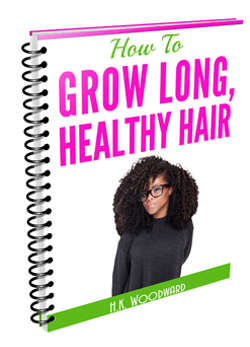
Get your FREE ebook on How To Grow Long, Healthy Natural Kinky or Curly Hair. You might also like: Ref: The Aromatherapy Encyclopedia by Carol Schiller & David Schiller; Carrier Oils by Len Price 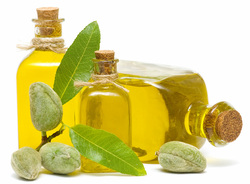
I should have written a very specific blog on this issue ages ago!
I sometimes get emails asking me, "Heather, I've tried this oil and that oil but my hair simply doesn't get soft and moisturized - why?!" The answer is an oil won't soften and moisturize your hair because although oils do have a moisturizing quality to them, this function is very incomplete without water. Why don't oils moisturize hair? Because moisture means water and oils and water do not mix. This is why in the LCO and LOC methods of moisturizing hair the water is always first:
Even when you have dry skin: have you noticed that when you rub oil directly onto the dry skin it doesn't look as good as when you shower first and then oil yourself up? In fact, if you don't want to bath/shower, rubbing a wet towel over dry skin and then oiling it up hydrates the skin better than direct oil application without the moisture first. 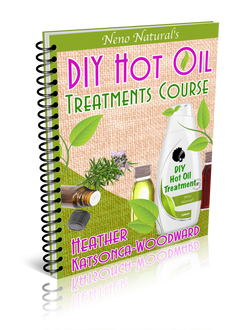
So, how should you use oils?
As I mentioned in THE Best Oil For Natural Hair. A Mega Summary! you can use oils for:
I also use oils in many different ways as seen in Neno Natural's DIY Hair Recipes. 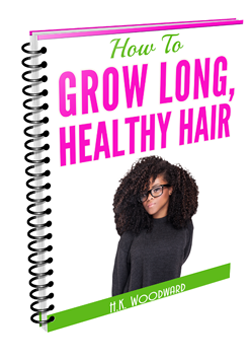
Get your FREE ebook on How To Grow Long, Healthy Natural Kinky or Curly Hair.
THIS LIMITED EDITION OIL SET IS NOW INDEFINITELY OUT OF STOCK
Over the last couple of months Neno Natural has been a little obsessed with trying to conclude once and for all which oils are the very best; our research concluded with the Oil Mega Summary. Following that analysis we hooked up with a manufacturer in California to create a pack of high quality oils at a discounted price. The result? Neno Natural's 6 Best Oils for Hair Pack. Here's a reminder of why each oil made it into the set:
How can you use these oil?
How much is it? This pack retails at $55 but you can get it directly from us for much less! That's a massive 40% Christmas saving. A single bottle of high-grade, organic, unrefined argan oil like we have here retails at $15, so this offer is great value. This limited edition oil pack is only available while stocks last. If you order in the next 24 hours you will receive the pack in time for Christmas via Amazon's Free Super Saver Shipping: it's an awesome present for your sister, daughter, cousin, mum and even yourself! :) 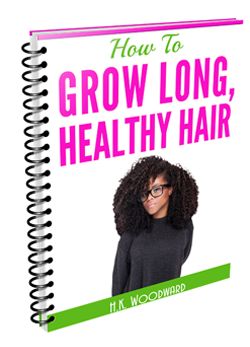
Get your FREE ebook on How To Grow Long, Healthy Natural Kinky or Curly Hair. You might also like: Remember Naturals, Oils Are Not Moisturisers! |
I now blog about wealth creation - so if you have any money questions meet me there, you can do all sorts of cool things like leave me a voicemail.
By Heather Katsonga-Woodward
I was a natural hair blogger and mixtress living between London & Chicago from 2012 to 2017. I always thought I was 4C but some say 4B; images below - you decide! Heather xx Categories
All
Archives
November 2016
|

